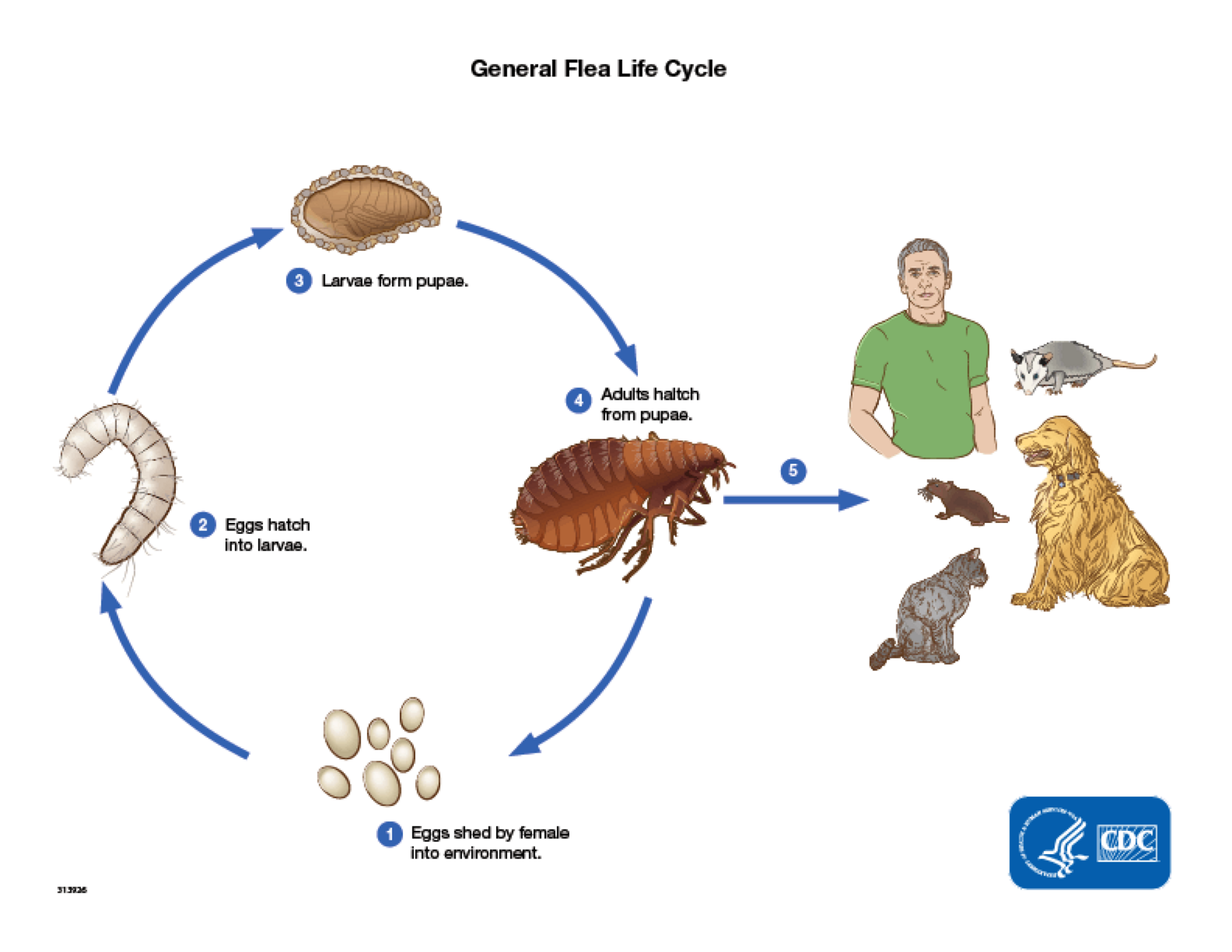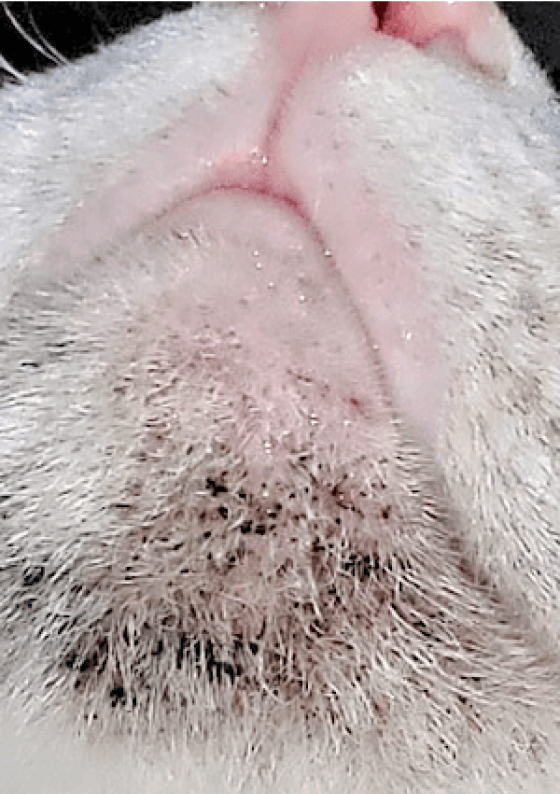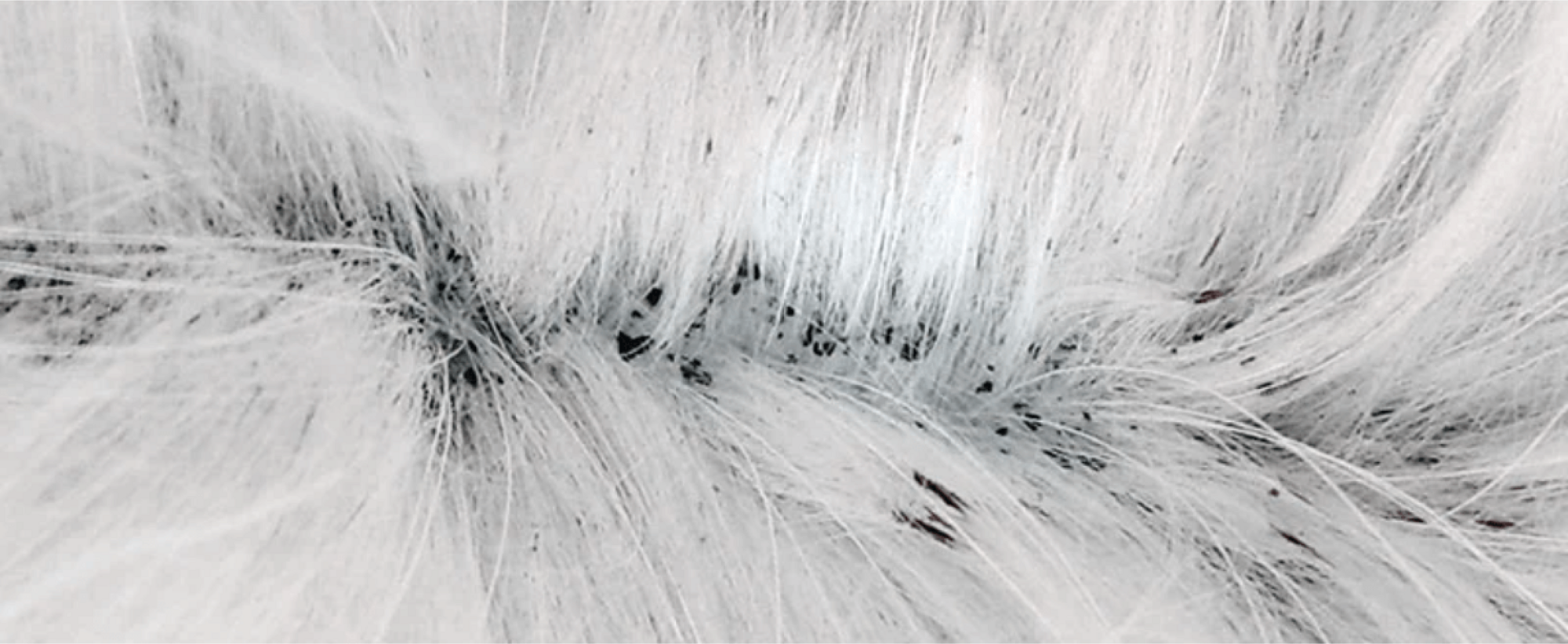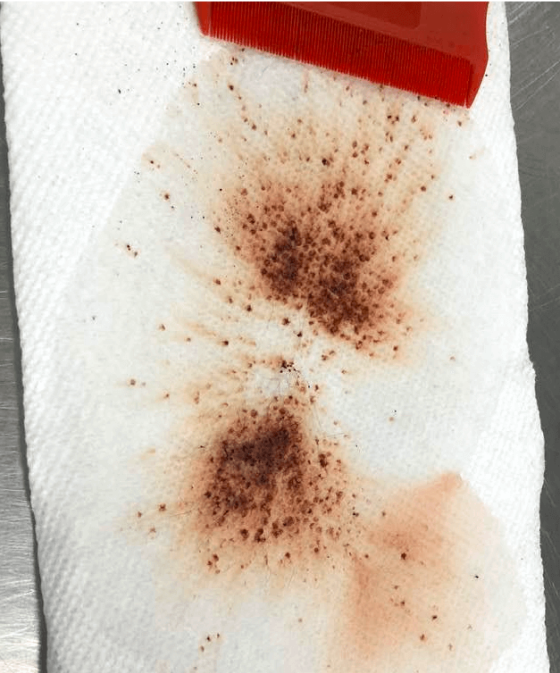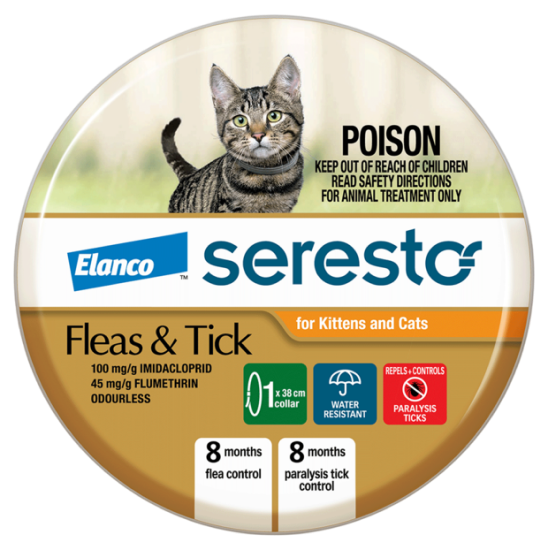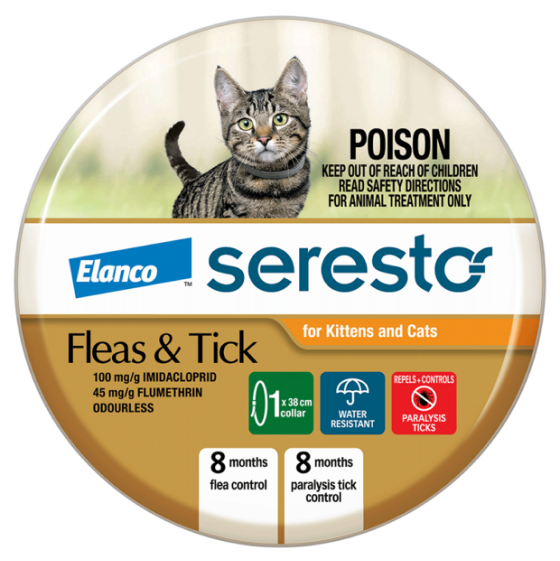Does bathing cats kill fleas?
Bathing cats to kill fleas is not recommended as a first line treatment. It is not only stressful, but altogether ineffective at killing fleas. While fleas in other parts of the world might 'drown' from bathing, fleas in Australia are remarkably tough, and usually survive a bath. Also, bathing a cat can be incredibly stressful and difficult - and even dangerous! - so it's really not worth it.
If your cat tolerates it, bathing may help to remove the flea dirt and dead fleas after treatment with a vet-recommended oral or topical product. It may also help soothe inflamed skin if a medicated shampoo is used.
Do flea shampoos work?
Flea shampoos are not generally recommended as a first line treatment. Flea shampoos are considered a temporary treatment, and while they may be enticing due to their price, they may end up being more costly and ineffective in the long run. Shampoos will generally only kill the adult fleas on your pet on the day of use, without any ongoing protection. This means that the larvae and pupae in the environment will soon cause another infestation when they develop into adult fleas.
Plus, many people find that in Australia, flea shampoos aren't totally effective as our fleas are extremely tough and hardy down here! Many flea shampoo products are made in Europe or the USA, and are just not very effective against our Aussie critters.
Efficacy aside, flea shampoos may also be toxic to cats due to the inclusion of permethrins. (You might be surprised to hear that some flea shampoos labelled for cats still contain permethrins!) While permethrins may be safe when used in small amounts on cats, and if rinsed off thoroughly, they are toxic in high amounts. And sadly, high amounts can easily be ingested due to the feline tendency to groom themselves after a bath.
Does dog flea treatment work on cats?
NEVER use a dog flea product on your cat. Giving medications labelled for dogs to your cat can cause serious illness such as seizures or even death. Cats are not simply 'small dogs' - they have a completely different liver metabolism and lack the enzymes to metabolise many chemicals (this is also why paracetamol is safe for dogs but deadly for cats). An overdose can easily occur with cats or smaller animals.
The danger from dog flea products is linked to pyrethrins, a mix of six chemicals that is highly toxic to cats and also found naturally in some chyrsanthemum flowers. Pyrethroids are the synthetic derivatives of pyrethrins, and one type of pyrethroid is permethrin. Permethrin is a common ingredient in dog flea & tick products and is safe for dogs, but lethal to cats.
Permethrin is found in household insect sprays, as well as flea and tick products (particularly Advantix and some tick collars). Cats can ingest pyrethrin via oral, respiratory, and topical routes through the skin, and are often poisoned by grooming a family dog who has been treated.
